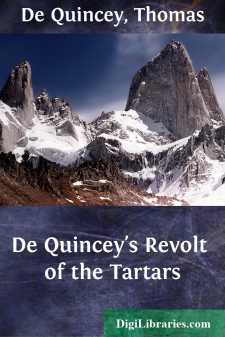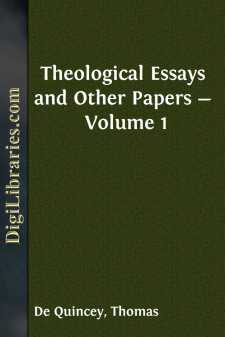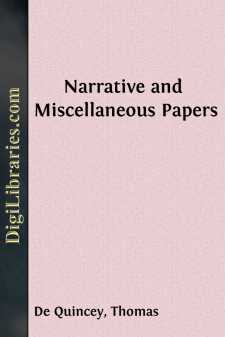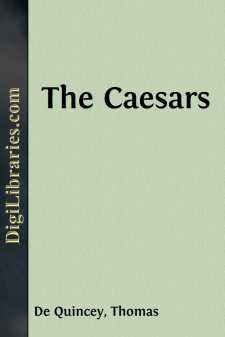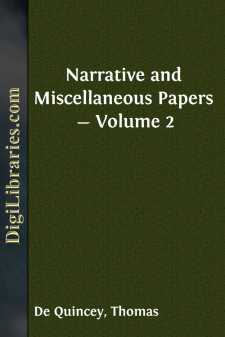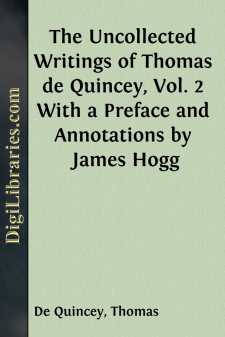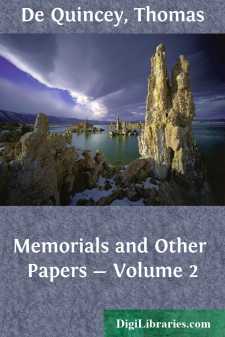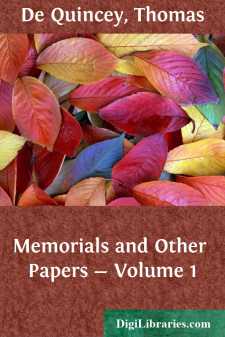Categories
- Antiques & Collectibles 13
- Architecture 36
- Art 48
- Bibles 22
- Biography & Autobiography 816
- Body, Mind & Spirit 145
- Business & Economics 28
- Children's Books 18
- Children's Fiction 14
- Computers 4
- Cooking 94
- Crafts & Hobbies 4
- Drama 346
- Education 58
- Family & Relationships 59
- Fiction 11831
- Foreign Language Study 3
- Games 19
- Gardening 17
- Health & Fitness 34
- History 1378
- House & Home 1
- Humor 147
- Juvenile Fiction 1873
- Juvenile Nonfiction 202
- Language Arts & Disciplines 89
- Law 16
- Literary Collections 686
- Literary Criticism 179
- Mathematics 13
- Medical 41
- Music 40
- Nature 179
- Non-Classifiable 1768
- Performing Arts 7
- Periodicals 1453
- Philosophy 66
- Photography 2
- Poetry 897
- Political Science 203
- Psychology 45
- Reference 154
- Religion 516
- Science 126
- Self-Help 86
- Social Science 82
- Sports & Recreation 34
- Study Aids 3
- Technology & Engineering 59
- Transportation 23
- Travel 463
- True Crime 29
Our website is made possible by displaying online advertisements to our visitors.
Please consider supporting us by disabling your ad blocker.
De Quincey's Revolt of the Tartars
Categories:
Description:
Excerpt
INTRODUCTION.
Thomas De Quincey is one of the eccentric figures in English literature. Popularly he is known as the English Opium-Eater and as the subject of numerous anecdotes which emphasize the oddities of his temperament and the unconventionality of his habits. That this man of distinguished genius was the victim—pitifully the victim—of opium is the lamentable fact; that he was morbidly shy and shunned intercourse with all except a few intimate, congenial friends; that he was comically indifferent to the fashion of his dress; that he was the most unpractical and childlike of men; that he was often betrayed, because of these peculiarities, into many ridiculous embarrassments, such as are described by Mr. Findlay, Mr. Hogg, and Mr. Burton,—of all this there can be no doubt; but these idiosyncrasies are, after all, of minor importance, the accidents, not the essentials in the life and personality of this remarkable man. The points that should attract our notice, the qualities that really give distinction to De Quincey, are the broad sweep of his knowledge, almost unlimited in its scope and singularly accurate in its details, a facility of phrasing and a word supply that transformed the mere power of discriminating expression into a fine art, and a style that, while it lapsed occasionally from the standard of its own excellence, was generally self-corrective and frequently forsook the levels of commonplace excellence for the highest reaches of impassioned prose. Nor is this all. His pages do not lack in humor—humor of the truest and most delicate type; and if De Quincey is at times impelled beyond the bounds of taste, even these excursions demonstrate his power, at least in handling the grotesque. His sympathies, however, are always genuine, and often are profound. The pages of his autobiographic essays reveal the strength of his affections, while in the interpretation of such a character as that of Joan of Arc, or in allusions like those to the pariahs,—defenceless outcasts from society, by whose wretched lot his heart was often wrung,—he writes in truest pathos.
Now sympathy is own child of the imagination, whether expressed in the language of laughter or in the vernacular of tears; and the most distinctive quality in the mental make-up of De Quincey was, after all, this dominant imagination which was characteristic of the man from childhood to old age. The Opium-Eater once defined the great scholar as "not one who depends simply on an infinite memory, but also on an infinite and electrical power of combination, bringing together from the four winds, like the angel of the resurrection, what else were dust from dead men's bones, into the unity of breathing life." Such was De Quincey himself. He was a scholar born, gifted with a mind apt for the subtleties of metaphysics, a memory well-nigh inexhaustible in the recovery of facts; in one respect, at least, he was a great scholar, for his mind was dominated by an imagination as vigorous as that which created Macaulay's England, almost as sensitive to dramatic effect as that which painted Carlyle's French Revolution. Therefore when he wrote narrative, historical narrative, or reminiscence, he lived in the experiences he pictured, as great historians do; perhaps living over again the scenes of the past, or for the first time making real the details of occurrences with which he was only recently familiar.
The Revolt of the Tartars is a good illustration of his power. Attracted by the chance reading of an obscure French missionary and traveller to the dramatic possibilities of an episode in Russian history, De Quincey built from the bare notes thus discovered, supplemented by others drawn from a matter-of-fact German archæologist, a narrative which for vividness of detail and truthfulness of local color belongs among the best of those classics in which fancy helps to illuminate fact, and where the imagination is invoked to recreate what one feels intuitively must have been real.
The Revolt of the Tartars, while not exhibiting the highest achievement of the author's power, nevertheless belongs in the group of writings wherein his peculiar excellences are fairly manifested. The obvious quality of its realism has been pointed out already; the masterly use of the principles of suspense and stimulated interest will hardly pass unnoticed. A negative excellence is the absence of that discursiveness in composition, that tendency to digress into superfluous comment, which is this author's one prevailing fault. De Quincey was gifted with a fine appreciation of harmonious sound, and in those passages where his spirit soars highest not the least of their beauties is found in the melodiousness of their tone and the rhythmic sweetness of their motion....


